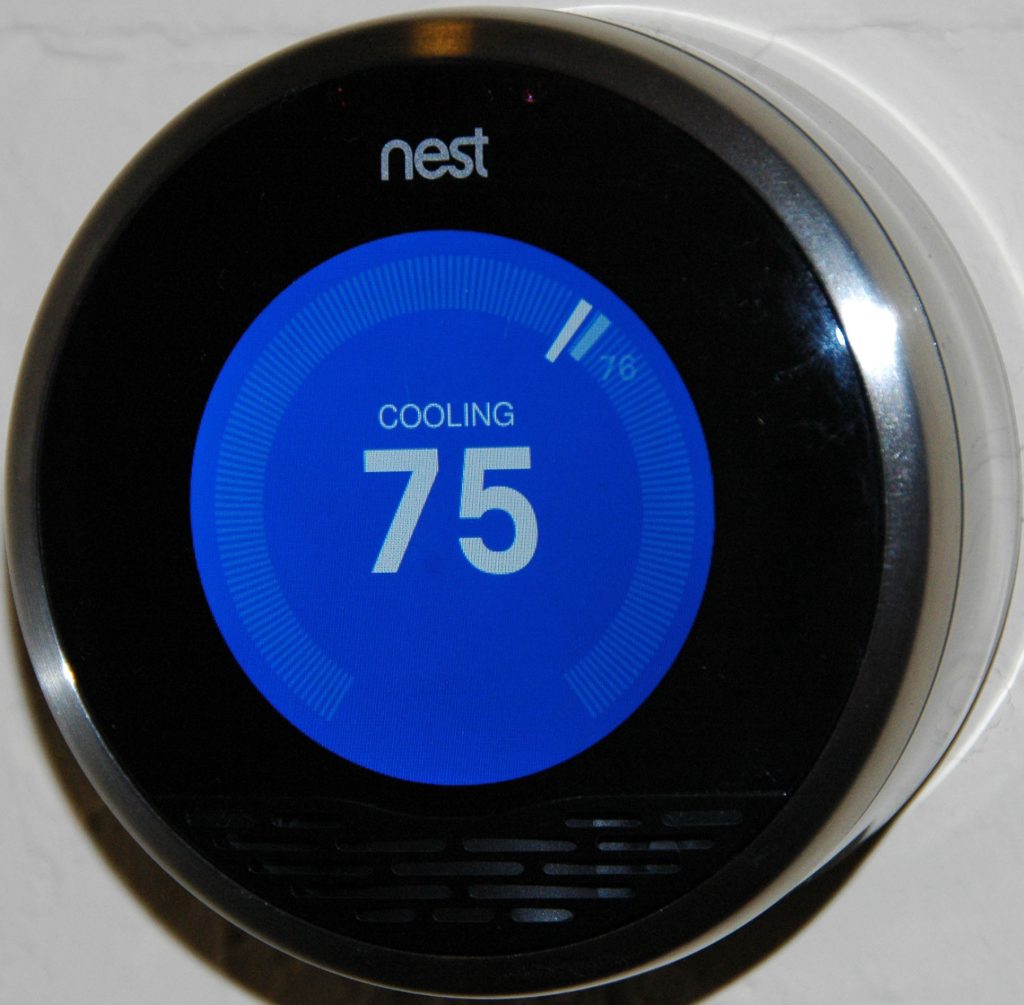If you already own a programmable thermostat, you might be asking what the incentive is to invest in a smart thermostat: What kind of benefits do you get, how does it work and what rebates are available?
As a consumer advocate, CUB finds the biggest benefit of a smart thermostat is the savings. Smart thermostats can cut your heating and cooling costs by roughly 20 percent.
We’ve said many times before that a programmable thermostat is much better than a traditional thermostat. Your grandparents’ thermostat was a simple control panel for heating and air conditioning systems that could only be set in the moment. But you can set programmable thermostats in advance, to change the temperature automatically based on the time of day.
Smart thermostats are even better. What makes them so “smart” is that they learn from their environment. When you change the temperature in your home at a certain time, some smart thermostats “remember” and use that information to set optimal temperatures in the future. The devices also use sensors to track temperature and humidity, and even your location within the home. Smart thermostats are convenient, allowing you to control the temperature remotely through an app on your smartphone or tablet, and to see your energy consumption in real-time.
For example, you can tell the device to lower the temperature (in the winter) or increase it (in the summer) after you leave the house for work, and then schedule it to arrive at a more comfortable level right before you get home. Most smart thermostats can show you how long it takes to make the change you’ve requested so you can see how effective your AC or heating system really is.
If you’re thinking of upgrading to a smart thermostat, consider how long it’ll take for the initial investment to pay for itself and how long you plan to live in your current home.
The prices for the most popular models range from around $100-$300. That may be more expensive than a programmable thermostat (which ranges in price from about $25-$100), but the money you will save over the long term will pay for the thermostat itself.
Luckily, ComEd, Ameren, Nicor Gas, Peoples Gas and North Shore Gas all offer rebates of up to $150. Check out our smart thermostat page for more information.
Remember, you don’t need to hire a contractor to install a thermostat and get the rebate. Even better, a home energy assessment offered by Northern Illinois utilities will install it for you if you purchase a device when a technician visits. To be eligible, you must apply within 90 days of installing the thermostat.


